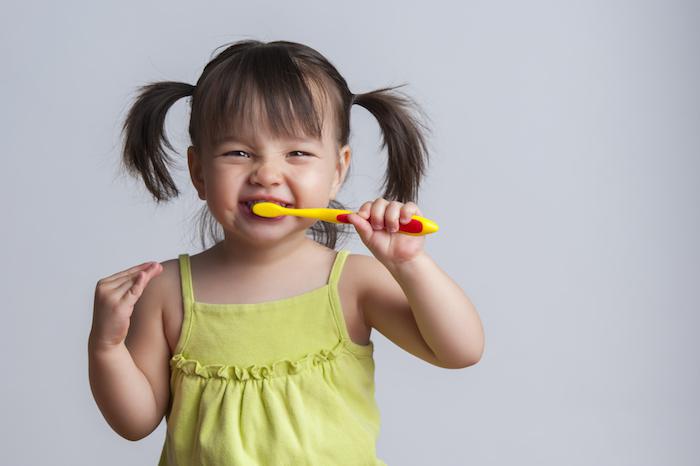Dental health should begin at an early age, but studies show that it’s not the case in most households. In a report by the Centers for Disease Control and Prevention, 13.2% of children age five to 19 years have untreated dental cavities. While cavities and gum issues can still occur despite regular brushing and flossing, lack of dental hygiene will worsen these problems.
Even at a tender age, children with poor dental hygiene are prone to periodontitis, extraction, decayed teeth, root canals, and other dental issues that spread throughout the body, such as rheumatoid arthritis, respiratory disease, and coronary artery disease. Some damages are irreversible, which all start by popping that candy into the mouth or being lazy to brush the teeth.
Healthy teeth play an important role in children’s overall health. Regular dental care and regular visits to a pediatric dentist are proven ways to steer clear of teeth problems. But what if your child doesn’t cooperate? Teaching a child to take care of their oral health can be quite tricky for most parents. In this article, we’ll discuss how to encourage a child to maintain good dental hygiene.
Start early
Good dental hygiene starts when your child is still a baby. While babies aren’t born with teeth, they’re actually hiding inside the gums, and each tooth will start appearing when the baby is around six months. Most parents have a habit of waiting until each tooth comes out before starting oral care. In reality, it’s important to begin taking care of your child’s teeth even before the first baby tooth appears.
Healthy teeth are equivalent to healthy gums. Start by using a soft washcloth to wipe the baby’s gums after feeding. This will remove the bacteria that results in tooth decay. Once baby teeth start to erupt, brush their teeth using a soft bristle toothbrush twice a day and the fluoride toothpaste should be no more than the size of rice.
It’s important to establish a routine for brushing and flossing before your child’s first tooth comes in. Although they’re too young to do this by themselves, help them develop a habit of brushing and flossing their teeth by doing it for them. Kids are not yet aware of how to brush their teeth properly and don’t have the motor skills and dexterity to remove plaque effectively.
Assist them and do it together
One way to encourage a child to observe dental care is to be a role model yourself, including the entire family. Kids tend to copy what adults do, so use the opportunity to show your child the correct brushing technique.
When brushing their teeth, make sure to hold the toothbrush lightly to prevent them from getting hurt. If you have a squirmy toddler, make them sit while holding a toy for distraction and put their head on your lap to gain more control. If you notice their baby teeth begin to touch, start flossing their teeth once a day. As you do these things, explain to the child the purpose of the activity to give them a good grasp of oral care.
A child will likely need assistance for their oral care until they’re seven to eight years old. By this time, you can get them a large-sized toothbrush. Still, you need to guide them closely in case they’re forgetting to clean some areas and ensure they’re brushing their teeth for two minutes.
You can also use the time to teach them how to floss their teeth themselves. Also, remind them to brush their tongue to remove any lingering bacteria. Soon, they will develop independence and follow the correct brushing technique.
Make dental visits exciting
Dental fear and anxiety are common concerns among children and parents. Parents often feel worried their child might cry, act out, and react negatively during the appointment. The parent’s anxiety also affects the child’s behavior towards the dentist, since they naturally pass on their fears and anxieties to their kids.
Dental clinics are a safe place for children to be themselves. Parents should have a conversation with their kids about the importance of dental visits and the role of dentists in their overall health. You can put them in a positive light and encourage them to develop a positive relationship with their dentist.
Another technique is to choose a pediatric dentist who has years of experience in giving children quality dental care. Most dental clinics for children have a “less stuffy” ambiance to keep children entertained and distracted.
Kids might not like it when they get reminded constantly to take care of their teeth, but there are ways to make dental hygiene enjoyable for them. Dental education is a fun opportunity for parents to bond with their children. This will encourage interest and excitement towards their dental health and ensure a lifetime of healthy teeth.
Meta title: Three Ways to Promote Dental Care on Children
meta desc: Encouraging a child to brush their teeth and observe proper dental hygiene is a struggle for most parents. Discover ways to make dental care more fun and interesting for them.

